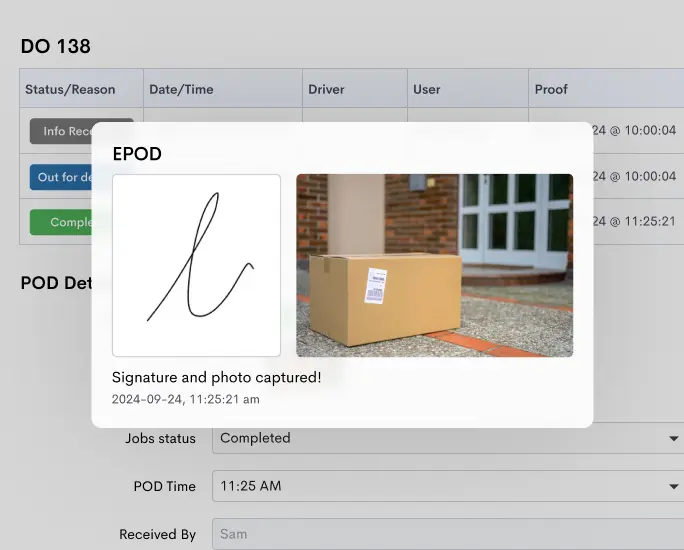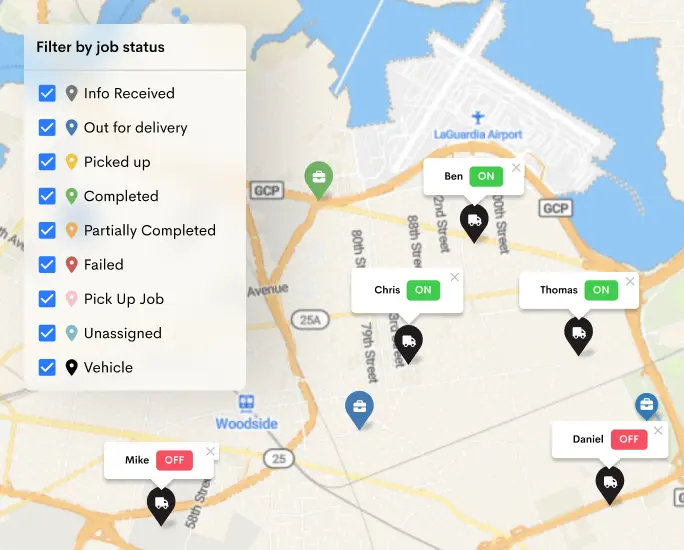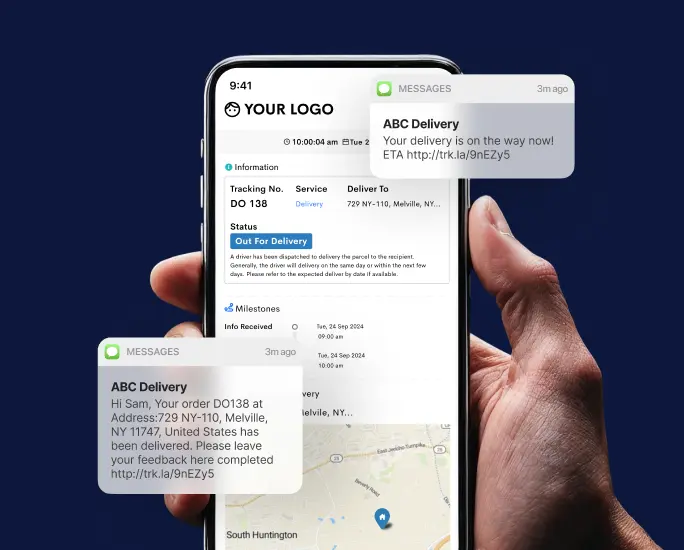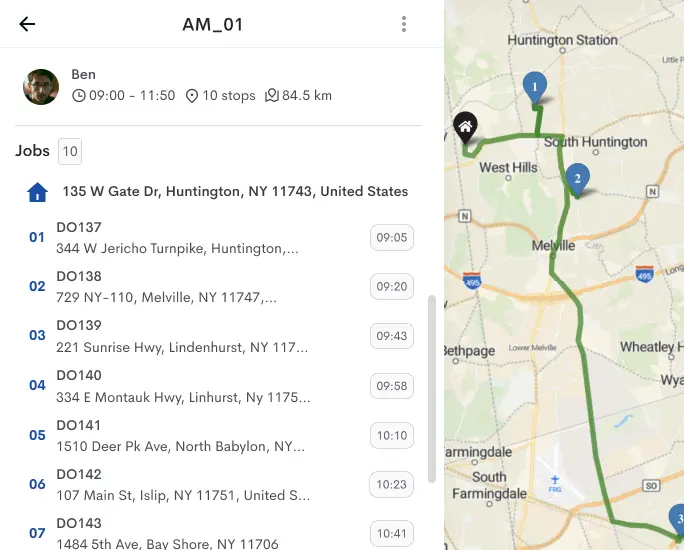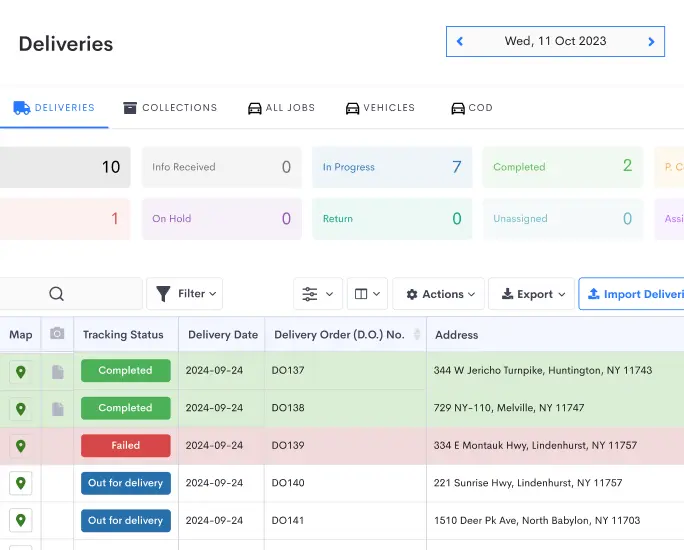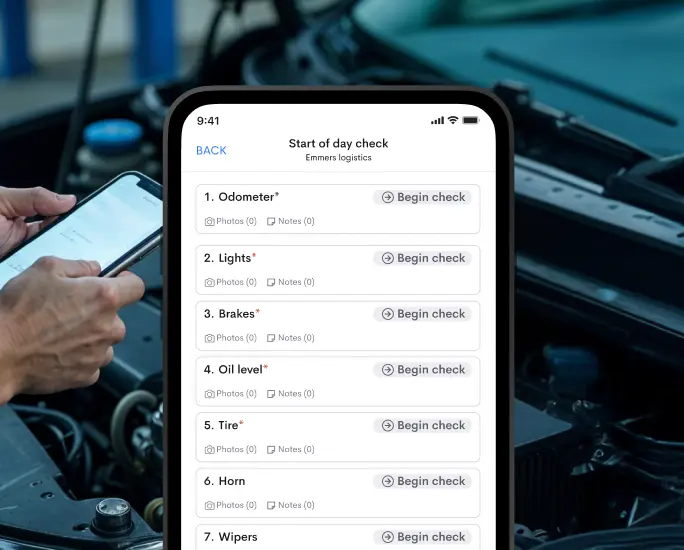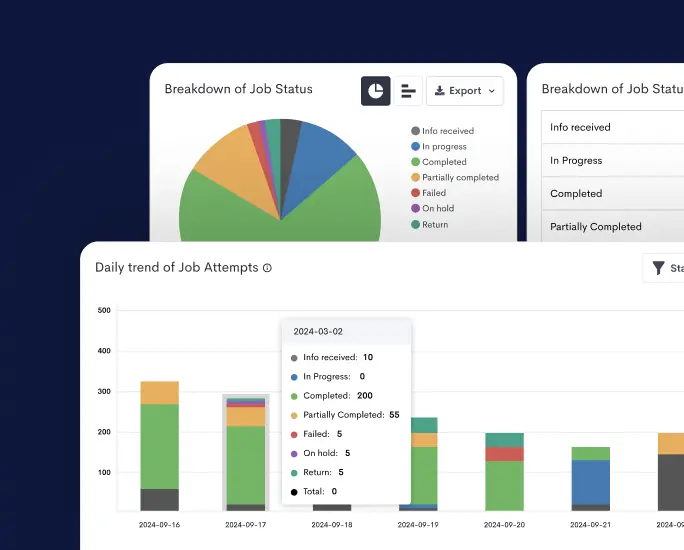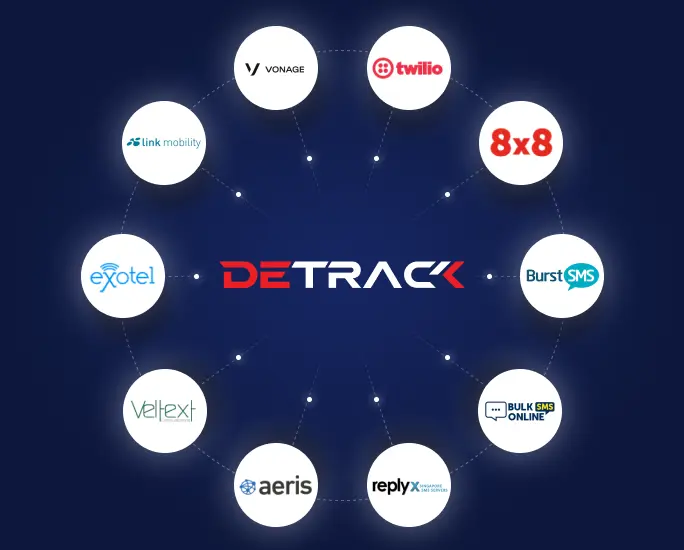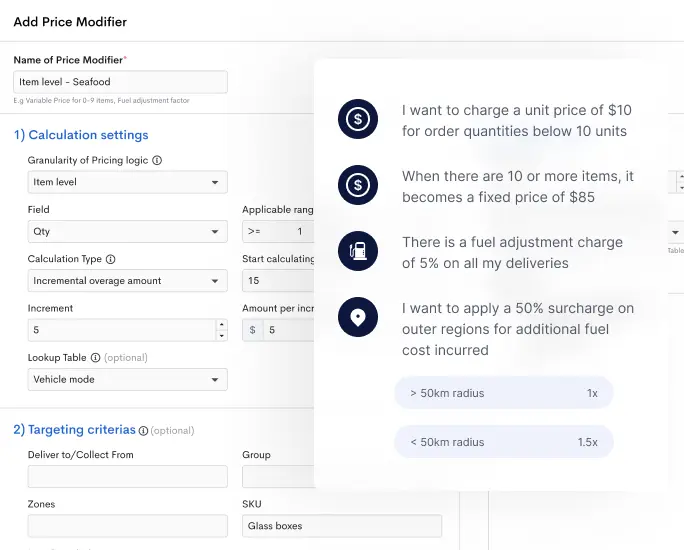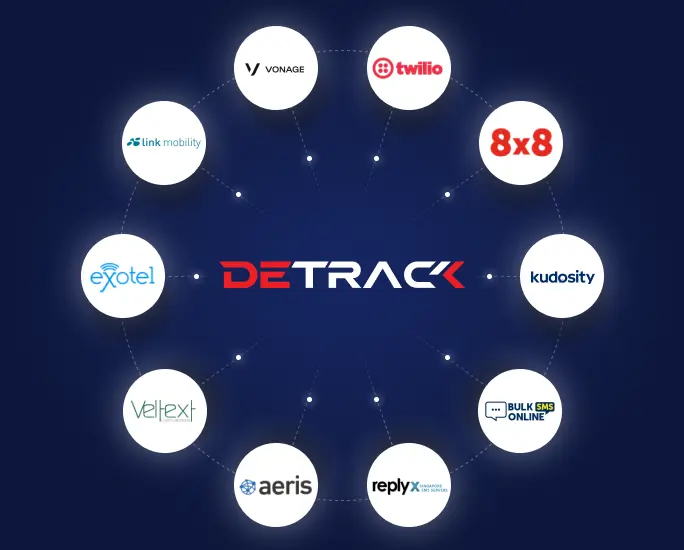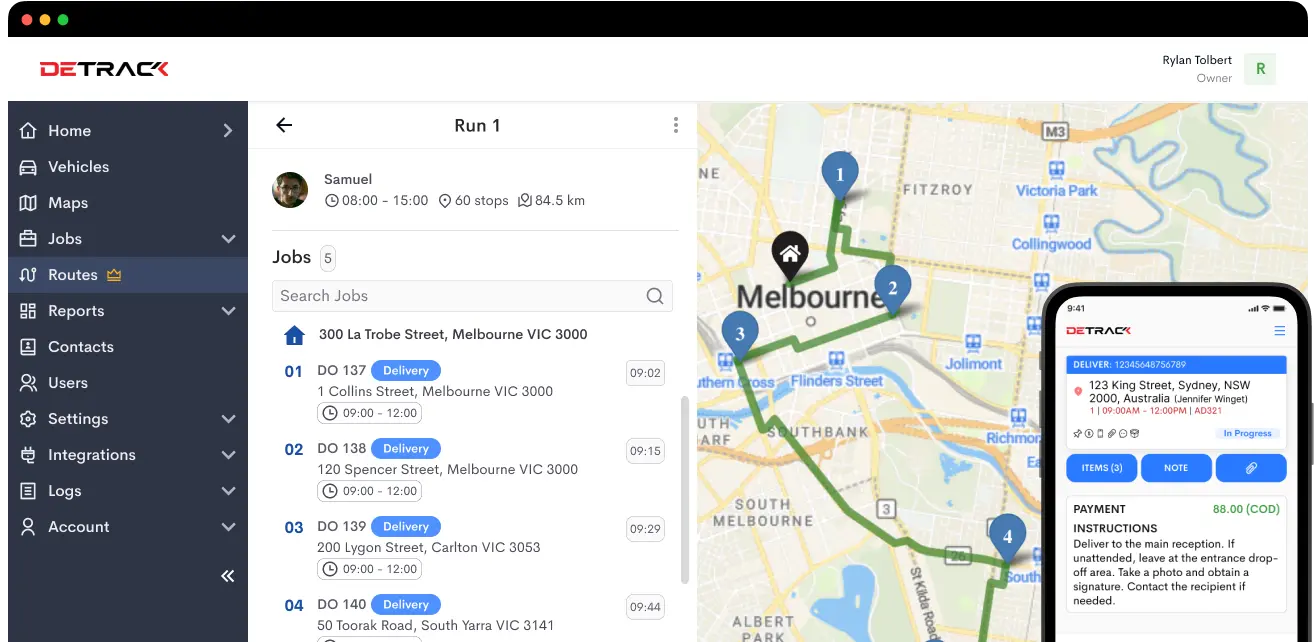Almost every company, small or large, uses some form of third party logistics (3PL) to help manage and streamline their supply chain. 3PLs offer a variety of services that can save businesses time and money while improving their overall efficiency.
By outsourcing your logistics needs to a 3PL provider, you can save time and money while still enjoying the benefits of optimal delivery systems. But with so many 3PLs to choose from, how do you know which one is right for your business?
In this guide, we’ll provide an introduction to 3PLs and explain why they’re such a valuable resource for businesses. We’ll also outline the different types of third party logistics services available and highlight some of the key considerations when choosing a provider.
So if you’re looking for a more efficient way to manage your shipping and distribution, read on!

What is Third Party Logistics?
Third Party Logistics (3PL) is the process of outsourcing logistics and transportation functions to a third party provider. 3PL providers offer a range of services that can include everything from warehousing and distribution to transportation management, freight forwarding, and customs brokerage.
Third party logistics providers are often used by businesses that do not have the resources or capabilities to manage their own logistics and transportation operations. By outsourcing these functions to a 3PL provider, businesses can focus on their core competencies and leave the logistics and transportation management to the experts.
There are many different types of 3PL providers, each with its own unique capabilities and service offerings. When choosing a 3PL provider, it is important to select one that best meets the specific needs of your business.
Difference Between 3PL and 4PL
The term “3PL” and “4PL” are both used to describe logistics service providers. However, there is a difference between the two terms. 3PL refers to a company that provides third-party logistics services, while 4PL refers to a company that provides fourth-party logistics services.
4PL is a newer term that is not as widely used as 3PL. 4PL is used to describe a company that provides comprehensive logistics services. This includes all aspects of supply chain management, from transportation and warehousing to customer service and information technology. 4PL companies are often referred to as “integrators” because they integrate all of the different elements of the supply chain.
Third party logistics companies, on the other hand, provide third-party logistics services. These companies do not typically integrate all aspects of the supply chain. Instead, they focus on providing one or two specific services, such as transportation or warehousing. 3PL companies are often referred to as “service providers.”
The main difference between 3PL and 4PL is that 4PL companies provide comprehensive logistics services, while 3PL companies provide specific logistics services. 4PL companies are often referred to as “integrators,” while 3PL companies are usually called “service providers.” When choosing a logistics provider, it is important to consider your specific needs and whether a 3PL or 4PL company would be a better fit.
If you are looking for a comprehensive logistics solution, then a 4PL company is likely a better choice. However, if you only need transportation or warehousing services, then a 3PL company may be a better option. It all depends on your specific needs.
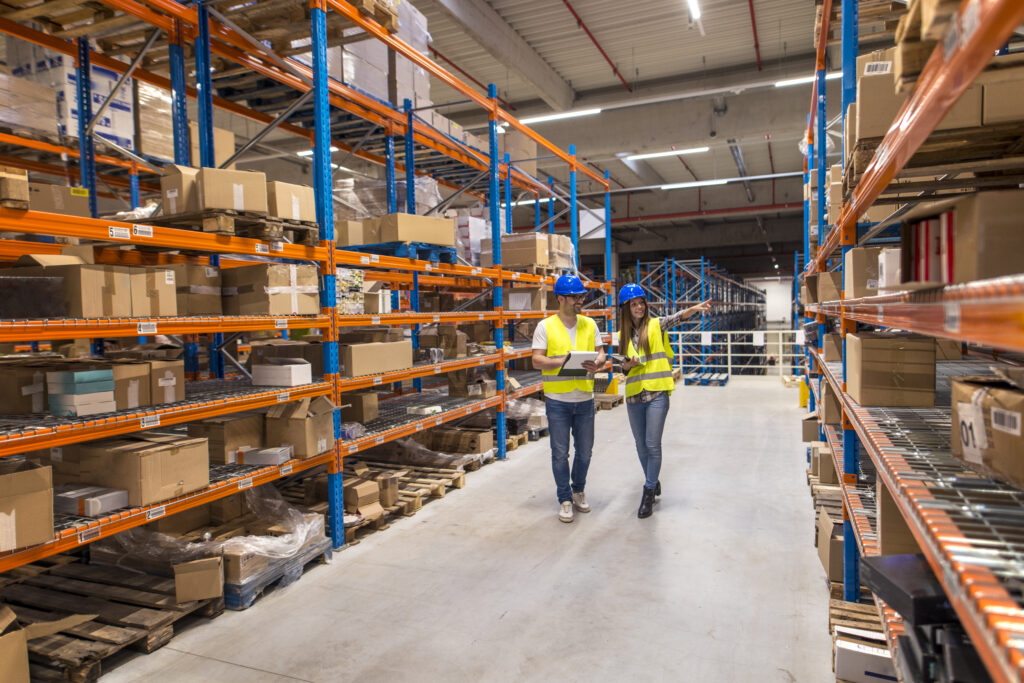
How does the 3PL Process Work?
Third party logistics provide a variety of services that can be customized to meet the needs of their clients. Some of the most common services offered by 3PLs include:
- Transportation Management. Third party logistics typically partner with a network of transportation providers, which gives them the ability to provide their clients with a wide range of shipping options at competitive rates. They also have access to state-of-the-art tracking and reporting technologies, which allows them to provide their clients with real-time visibility into the status of their shipments.
- Inventory Management. When it comes to inventory management, third party shipping can provide their clients with a variety of solutions, including just-in-time delivery, inventory pooling, and cross-docking. These services can help to reduce inventory costs and improve customer service levels.
- Warehouse And Distribution Center Management. 3PLs that offer warehouse and distribution center management services can help their clients to optimize their operations, resulting in lower costs and improved efficiency. They can also provide value-added services such as packaging, assembly, and order picking.
- Order Fulfillment. Order fulfillment is another area where third party logistics can add a lot of value for their clients. They can manage the entire process from receiving orders to shipping them out, and they can also provide value-added services such as gift wrapping and kitting
- Returns Management. Returns management is another service that is often provided by 3PLs. This service can help to reduce the cost of returns and improve customer satisfaction levels.
Benefits of Working with Third Party Logistics Providers
There are many benefits to working with a third-party logistics provider (3PL). A 3PL can provide your business with the expertise, resources, and technology needed for efficient supply chain management. Here are some of the top benefits of working with a third party logistics:
- Lower Logistics Costs – A 3PL can help you lower your logistics costs by consolidating shipments, negotiating discounts with carriers, and providing efficient transportation management.
- Fill Gaps In The Supply Chain (Efficiency) – A 3PL can help you fill gaps in your supply chain and improve efficiency by providing warehousing, transportation, and other logistics services.
- Collaboration Between Experts – When you work with third party logistics, you have access to a team of experts who can help you optimize your supply chain. The 3PL will work with you to understand your business needs and create a customized solution that meets your specific goals.
- Improve Customer Satisfaction – Third party shipping can help you improve customer satisfaction by ensuring that orders are filled and shipped on time. In addition, a 3PL can provide tracking information so you can keep your customers updated on the status of their order.
- Scale Business – A 3PL can help you scale your business quickly by providing the resources and capacity you need to accommodate growth.

What To Look For In Hiring Third Party Logistics
When it comes to choosing a third-party logistics provider (3PL), there are many factors to consider. Here are five of the most important things to look for:
Inventory Storage
Before you select a third-party logistics provider (3PL), you need to be aware of the different types of inventory storage available. The three main types are public storage, dedicated storage, and collaborative storage.
Public storage is the least expensive option, but it also offers the least control over your inventory. Dedicated storage is more expensive, but it gives you more control over your inventory and allows you to manage your stock levels more effectively.
Collaborative storage is the most expensive option, but it offers the most flexibility and allows you to work with other businesses to manage your inventory. When choosing a 3PL, be sure to ask about the type of inventory storage they offer and how it will fit into your business needs.
Returns Management
Returns are a necessary evil for most businesses, but they don’t have to be a headache. A good returns management system can save you time and money by reducing the hassle of processing returns and dealing with angry customers.
Returns can be a major expense for businesses, so it’s important to choose a returns management system that fits your needs. When you’re looking for a third-party logistics provider (3PL), be sure to ask about their returns management system.
Find out what types of returns they accept, how they process returns, and what fees they charge. You should also ask about their customer service policies and procedures.
A good 3PL will have a Returns Department that is dedicated to handling customer inquiries and concerns. Make sure you’re comfortable with the 3PL’s policies before you sign on the dotted line.
Customer Service
While 3PLs can save businesses time and money, it’s important to make sure that they offer good customer service. Poor customer service can lead to missed deadlines, lost shipments, and unhappy customers.
When choosing a 3PL, be sure to ask about their customer service policies and procedures. Find out how they communicate with clients and how they handle problems or complaints. It’s also a good idea to read online reviews of 3PLs to see what other businesses have experienced.
By taking the time to research your options, you can be sure to choose a 3PL that will provide the level of service you need.
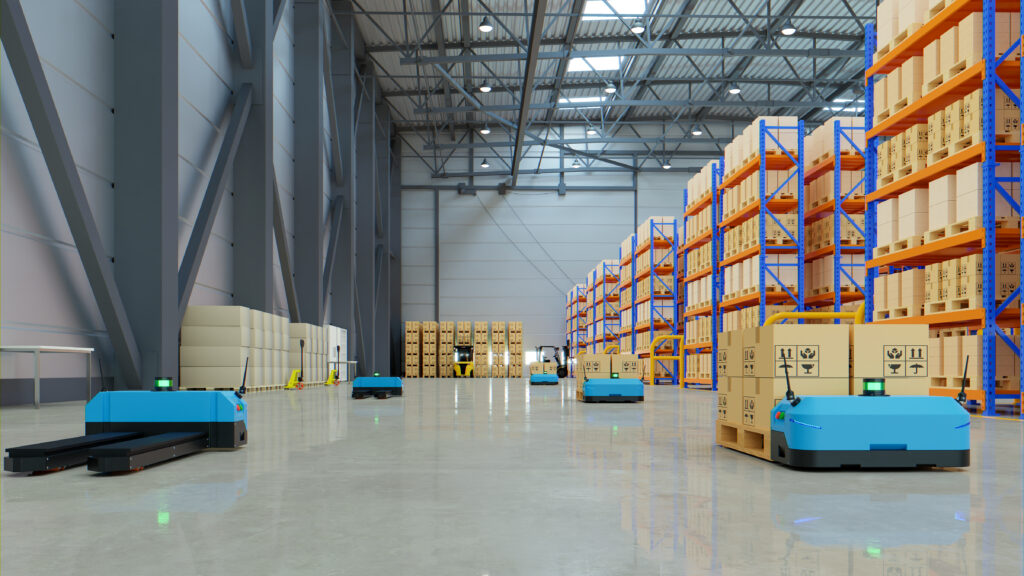
Cost
When it comes to the cost of a third party logistics provider, there are a few things to keep in mind. First, the size of your business will impact the price you pay. If you have a large operation, you’ll likely pay more than a small business.
Second, the complexity of your operation will also affect the cost. If you have a very straightforward distribution system, you’ll likely pay less than a company with a more complex network.
Finally, the location of your business can also impact the price you pay for a third party logistics provider. If you’re located in an area with high transportation costs, you may end up paying more than a company located in a region with lower transportation costs.
In general, the cost of a third party logistics provider will vary depending on the specific needs of your business. However, by keeping these factors in mind, you can get a good idea of what to expect to pay for this type of service.
Speedy Shipping
When it comes to choosing a third-party logistics (3PL) provider, speed is often one of the most important factors. After all, if your customers are not receiving their orders in a timely manner, they are likely to take their business elsewhere.
Fortunately, there are a number of ways to ensure that your 3PL provider is able to provide speedy shipping. One of the most important is to choose a provider that uses state-of-the-art transportation management software (TMS).
This software can help to optimize routes and schedules, ensuring that orders are delivered as quickly as possible. In addition, it is also important to choose a 3PL provider that has a good reputation for on-time delivery.
By taking these factors into consideration, you can be confident that your 3PL provider will be able to provide the speedy shipping that your business needs.
3PLs use Detrack for complete last mile visibility
Third party logistics providers offer a wide range of services that can benefit businesses of all sizes. By outsourcing the management of their logistics operations, businesses can save time and money, while also improving their customer service.
When selecting a 3PL provider, it is important to consider your specific needs and objectives. Once you have found a reputable provider that offers the services you require, you can be confident that your logistics operations will be in good hands.
If you are looking to streamline your delivery process, give Detrack a try today! Detrack is a delivery management software that makes it easy to check your deliveries real-time, and more.
